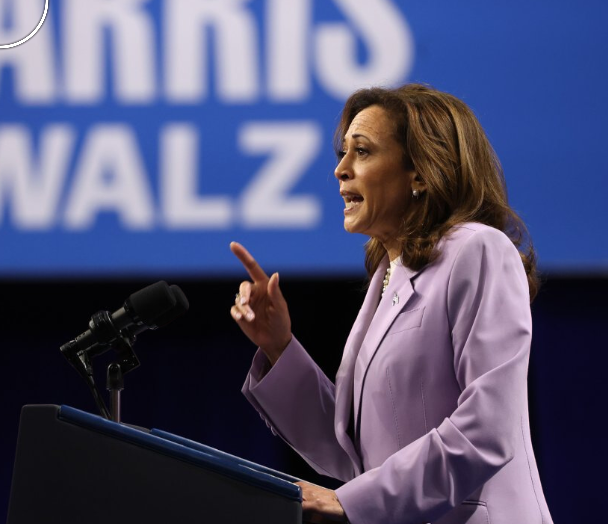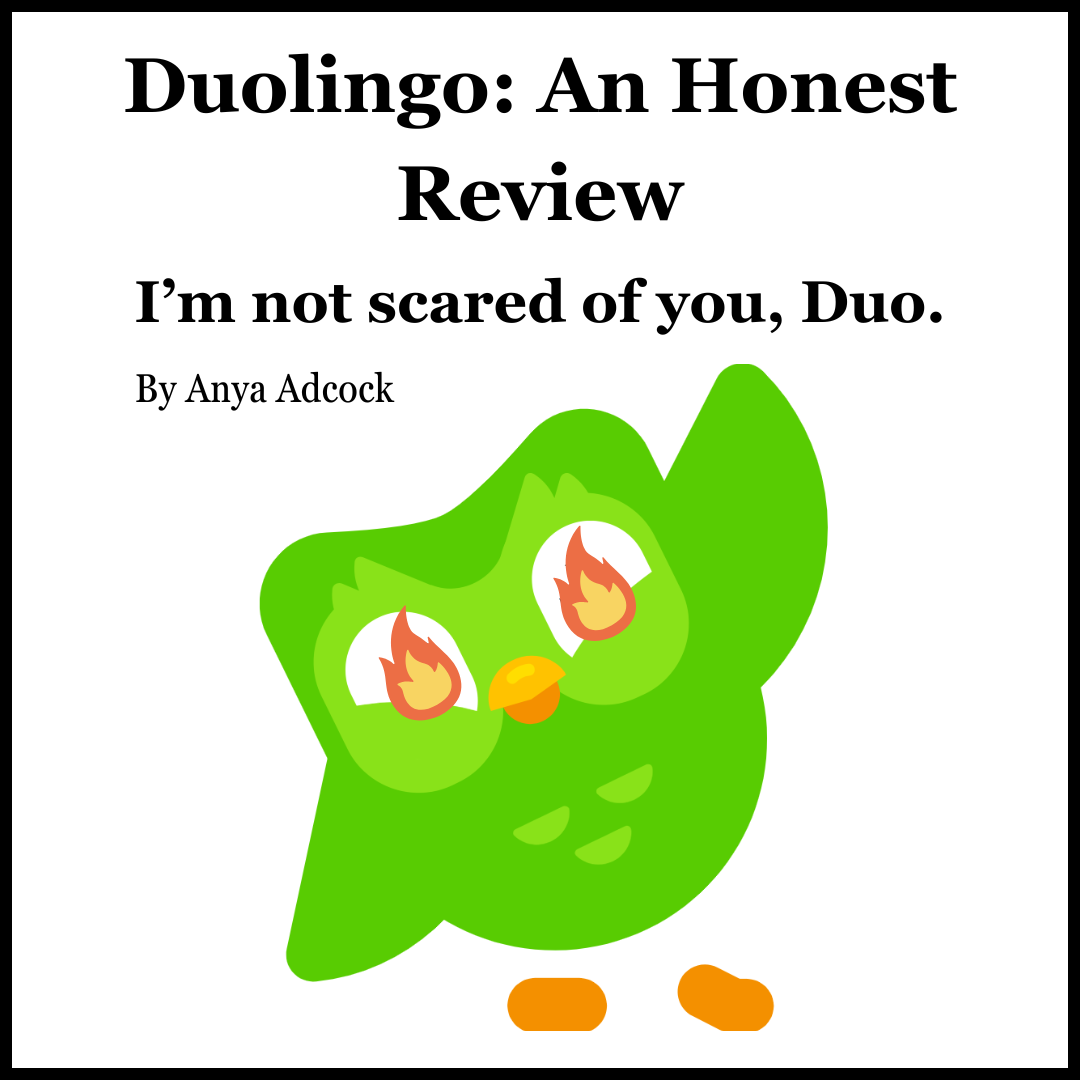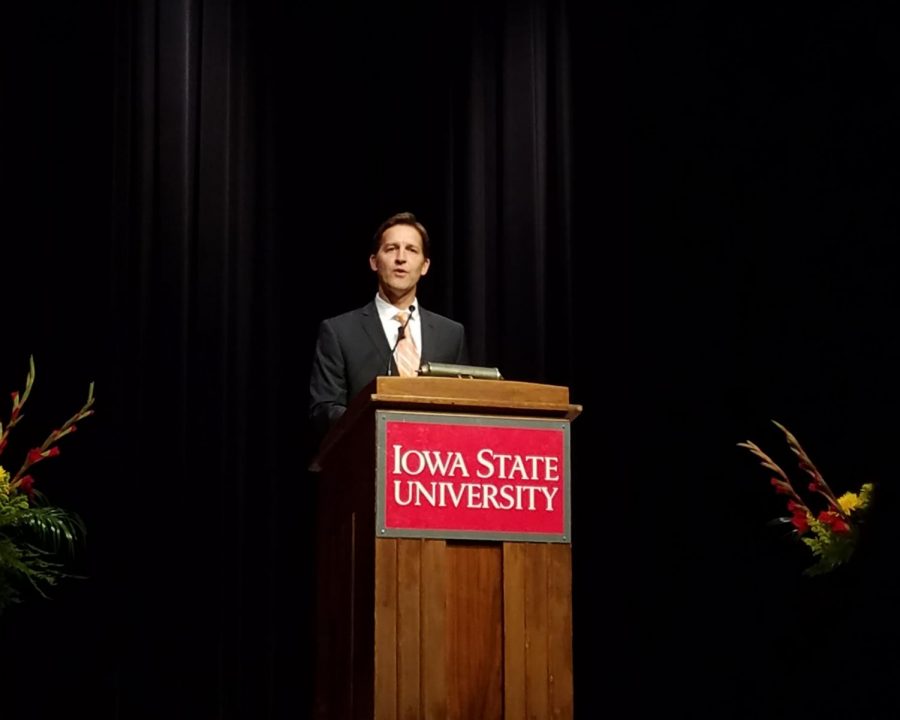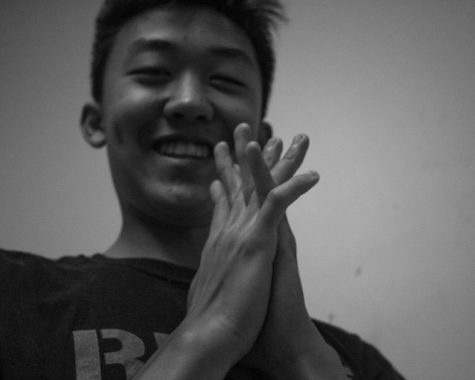Ben Sasse Comes to ISU
November 22, 2018
Senator Ben Sasse addresses the Iowa State Memorial Union, his words seeming to echo through the crowded great hall.
“The President is far more right than most of the foreign policy establishment gives him credit for in the fact that we do need to reevaluate some fundamental assumptions about the US role in the world,” Sasse said.
Speaking at ISU on the 25th of October was one of the Senate’s most interesting figures. Ben Sasse prefers to call himself “an independent conservative who caucuses with Republicans.” Despite being one of the GOP’s most prominent members, Sasse stated that he thinks about leaving the Republican party “every morning” In September of this year.
According to Sasse, both Republicans and Democrats have contributed to a climate which he believes rewards partisan displays of moral virtue over discussion of pressing long term issues.
“There’s massive stuff happening in America, and these parties are really pretty content to do 24-hour news cycles screaming at each other,” Sasse said in the same September interview. “The main thing the Democrats are for is being anti-Republican and anti-Trump, and the main thing Republicans are for is being anti-Democrat and anti-CNN.”
Sasse is also a strident critic of President Trump, who he believes lacks a fundamental understand of American Government.
“[Trump] displays essentially no understanding of the fact that, in the American system, we have a constitutional system of checks and balances, with three separate but co-equal branches of government,” Sasse said during the 2016 primaries. “Nebraskans are not looking for a king. We yearn instead for the recovery of a Constitutional Republic.”
“Frankly, neither of these parties have a long-term vision for the country.”
On October 25th, Sasse came to speak at Iowa State to talk foreign policy.
To Sasse, modern American foreign policy lacks guiding principles and is plagued by incoherence and ambivalence. In his view, a recent rise of isolationist sentiment in American politics can be attributed to this collective confusion.
In his speech, Sasse stressed the need for a clear, unified foreign policy. “If we’re going to try and figure out how we have a foreign policy that 310 million Americans can get behind that lasts across administration changes, American foreign policy should be this pan civic stuff that goes beyond right and left disagreements between Democrats and Republicans,” Sasse said.
To Sasse, the correct path forward is one of strong American global leadership.
“US global leadership is essential, because when the US doesn’t lead, there is no one else good who will fill that vacuum,” Sasse said. “And when hell breaks loose, hell will inevitably boomerang back home.”
To illustrate his point, Sasse cited successes and failures in 20th century US foreign policy. Sasse views the end of the first world war as an epochal moment for America’s role in global affairs. Sasse also drew parallels between a current increase in isolationism and the “return to normalcy” many Americans embraced in the 1920s. He argued that the rise of Hitler in Europe and the second world war could be attributed to this desire to retreat from world affairs, a role Americans could no longer safely leave behind.
“Following the second world war, Americans learned a lesson – we had to not only win the war, but we had to stay to win the peace.”
Sasse asserted that through taking a proactive role in foreign affairs, America was able to resist Soviet expansionism and promote peace through alliances like NATO and alliances like the United Nations. Sasse also attributed the global economic boom that followed to US leadership.
“The best America first policy was an American global leadership policy,” Sasse said. “Every alternative to American leadership is a world that will put American interests, economic interests and security interests, in jeopardy.”
Sasse also highlighted the potential foreign powers which could replace American power if the country were to attempt another “return to normalcy”, namely Russia, China, and Iran. He stressed the differences in ideology between America and hostile foreign powers, namely its values of self-government and individual liberty.
“No one goes to Russia for prosperity and opportunity. No dissidents flee to China in pursuit of liberty. Our allies know this, and our global opponents know this,” Sasse said. “Most all countries across the world know that if there is a choice between US leadership and Chinese or Russian leadership, they yearn for US leadership. We seem to be the unique ones who have forgotten this.”
As we draw closer to the 2020 Presidential primaries, Sasse is key contender to watch.
























